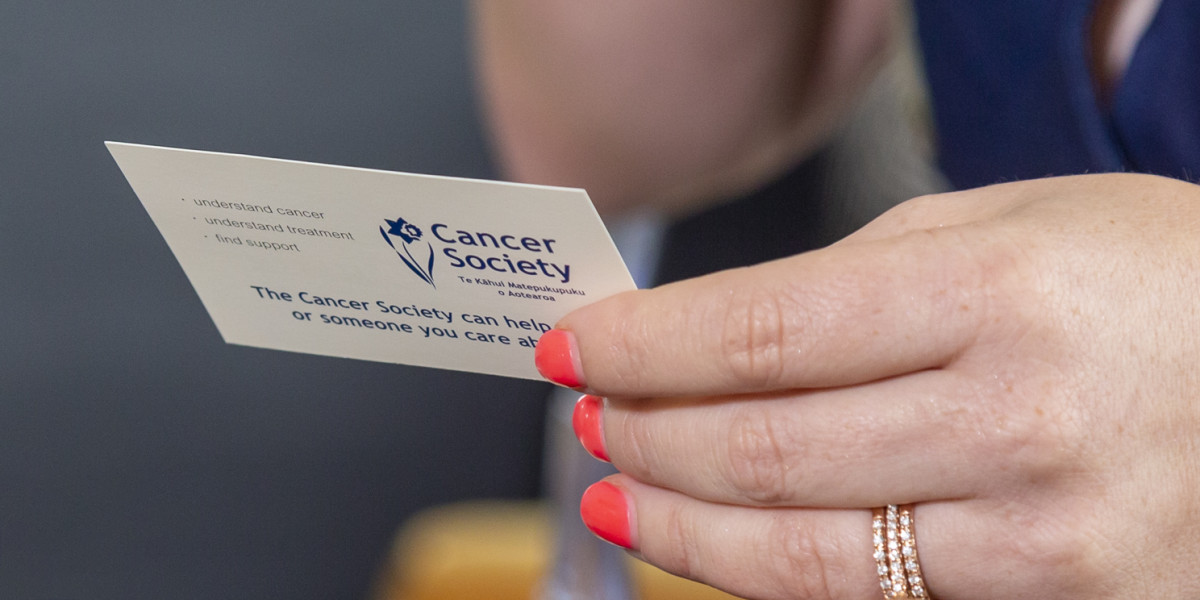Difficulty getting to sleep, and sleep problems are common for people with cancer and many support services offer advice on management. These suggestions can be very helpful, but due to illness, treatments and hospital stays, sleep problems sometimes become prolonged and affect your quality of life
The support services and ways to manage sleeping problems often includes exercise, a relaxing evening routine, avoiding caffeine later in the day and stopping screen use in the evening.
I recently listened to a talk on cancer-related sleep disorders that was a little bit different from others I have attended. This talk gave some very interesting information on circadian rhythms and sleep, especially the effects of lighting and temperature.
- We all have an internal clock that regulates our body functions over a 24-hour period. That clock is called your circadian rhythm. Patterns of hormone production, appetite, sleep and cell regeneration are associated with a person’s circadian rhythm.
- Most people have a circadian rhythm that involves being awake during the daytime and sleeping at night. There are individual variations in internal clocks, you might feel you are naturally a morning person or consider yourself a night owl.
- Melatonin is a hormone in the body that helps regulate sleep and the circadian rhythm. Melatonin production is affected by sunlight. When you’re exposed to light, melatonin levels are low. As light decreases, your body makes more melatonin, which in turn makes you sleepy. The varying brightness of light levels over the day/night is important to maintain our natural circadian rhythm.
- Indoor lighting is not as bright as outside – even in a well-lit building the windows look brighter on all but the cloudiest of days. The natural variation is disturbed in hospitals as ward lights stay on or go on and off during the hours of natural darkness to allow for treatment and care.
- The chemical adenosine is a neurotransmitter found in our brains which has a role in our sleep/wake cycles. It builds up over the day then plummets when we are asleep at night or during a nap. It will be hard to sleep if you have not been up long enough to have built up higher levels of adenosine.
- Caffeine blocks the adenosine receptors of the brain, thereby stopping levels in the brain tissue climbing. This prevents reaching a naturally drowsy sleepiness.
- Our body temperature naturally varies over 24 hours by one degree celsius. While that doesn’t sound much, think of the difference between our normal body temperature of 37 and a fever of 38! Body temperature is dropping as we fall asleep and is lowest 2 hours before natural waking time, about 4 or 5am for most of us. It is very hard to fall asleep while our body temperature is increasing.
- Responses to acute sleep problems can sometimes lead to the problem becoming chronic. Spending longer hours in bed or having naps can lead to the insomnia being maintained rather than cured.
- It is important to realise that perfect sleep may be unobtainable, and we may have unrealistic ideas on what we should be doing and what we actually need. We don’t necessarily all need 8 hours sleep.
This article was written by Cancer Information Nurse Julie Holt and first appeared on Cancer Chat NZ website.
Visit Cancer Chat NZ for more practical tips to help with sleep.

